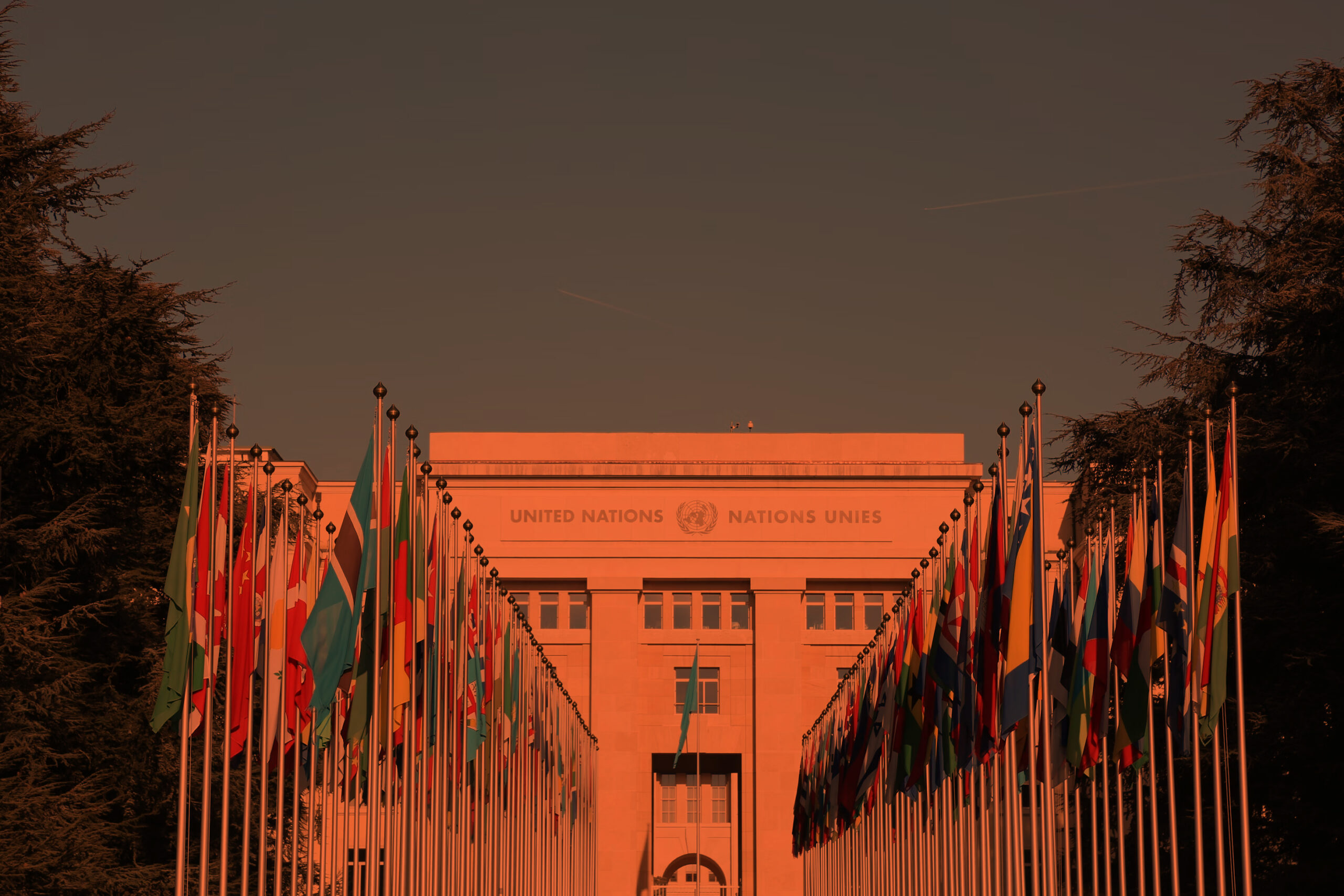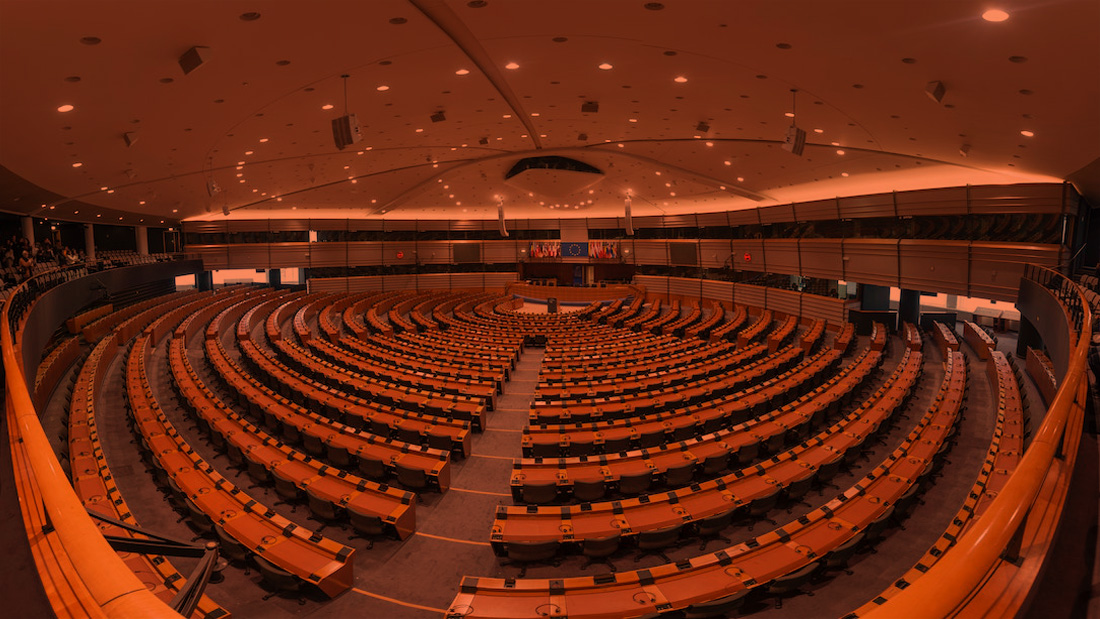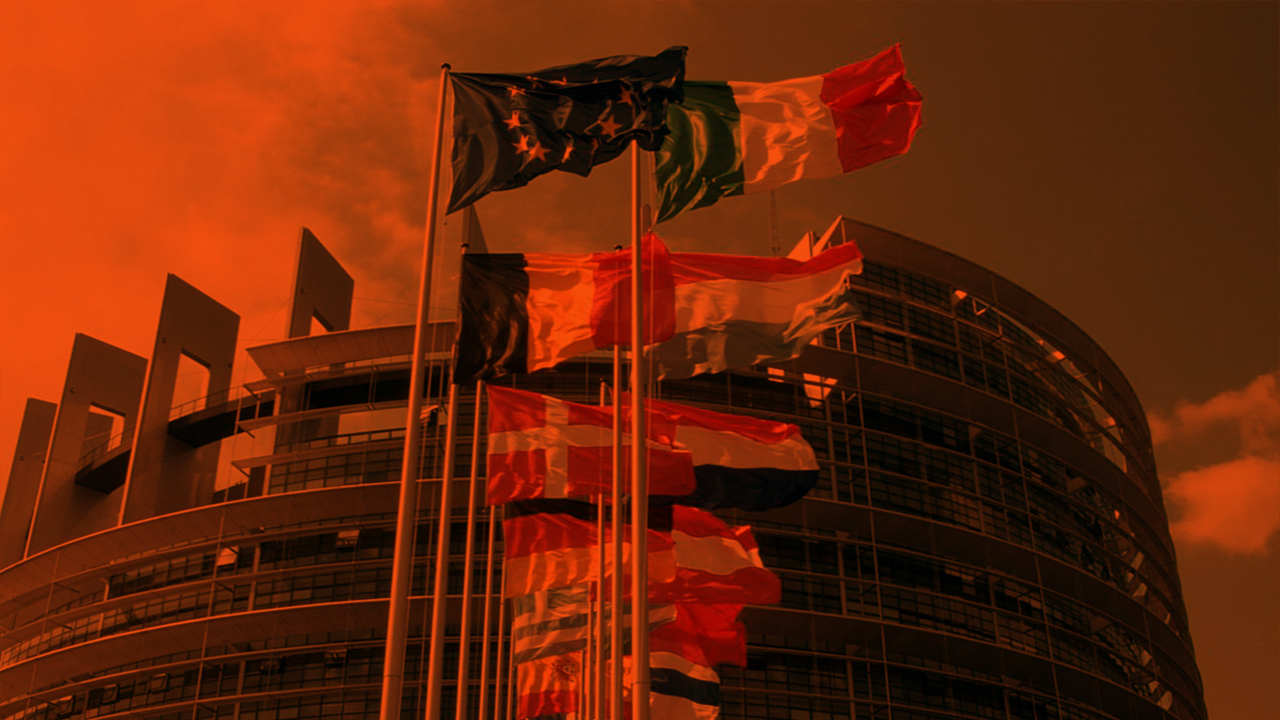The European Commission adopted a Proposal for a Directive on European cross-border associations on 5 September 2023.
The aim of this Directive is to remove legal and administrative barriers for non-profit associations that operate or wish to operate in more than 1 EU country. It also intends to facilitate the recognition of their legal status across the EU. This is by introducing the additional legal form of a European cross-border association (ECBA) in national legal systems, which is specifically designed for cross-border purposes.
Non-profit associations represent the predominant legal form among non-profit organisations in the European Union, with an estimated number of 3.8 million present in EU Member States. Non-profit associations are also the largest in number of the four legal forms traditionally encompassed by the social economy. Among them, 310 000 non-profit associations are active in more than one Member States, while potentially another 185 000 could theoretically engage in cross-border activities, if barriers were removed. Non-profit associations are organisations driven by the key principles of the social economy: the primacy of people as well as social and environmental purpose over profit, the reinvestment of most of the profits and surpluses to carry out activities related to their purpose.
Non-profit associations are active in sectors with a societal impact such as healthcare, social services, social inclusion, culture, sports, research and development, education and training, contributing 2.9% to EU GDP. Through their membership-based structure, they also have a direct leverage effect on citizens who are members, donors or beneficiaries of their activities. When provided against remuneration, non-profit associations’ activities constitute a service within the meaning of Article 57 TFEU.
Non-profit associations have a positive impact on ensuring social fairness and prosperity for EU citizens and they play a significant role for growth within the internal market. However, their socio-economic potential is not fully exploited. The full potential of the internal market can only be unleashed if all participants enjoy the rights provided thereby. To this end, non-profit associations need a predictable legal framework that allows them to seamlessly conduct their activities, including when conducting them across borders in the internal market.
By removing these legal and administrative barriers for cross-border non-profits will make it easier for them to engage in activities across EU countries. It will enable them to unleash their full potential to generate economic and societal value in the EU as a whole.
The Commission also adopted a technical Regulation, C(2003)515, amending the Internal Market Information System (IMI) and the Single Digital Gateway (SDG) Regulations. This will allow for cooperation and the exchange of information among the competent authorities, as well as access to the information about ECBAs available online.
More complete information can be found by clicking on:
What are the associations
Regulation of the European Parliament and of the Council
Facilitating cross-border activities of non-profit associations
Archivio:
 A new United Nations report29 October 2024
A new United Nations report29 October 2024 Corporate sustainability due diligence14 December 2023
Corporate sustainability due diligence14 December 2023 Introducing the Impact Taskforce (ITF) State of Play 202312 December 2023
Introducing the Impact Taskforce (ITF) State of Play 202312 December 2023 Coke launches $137.7m sustainability fund15 September 2023
Coke launches $137.7m sustainability fund15 September 2023 Impact Investing UK case study repository15 September 2023
Impact Investing UK case study repository15 September 2023 Turn in European social procurement policies16 December 2022
Turn in European social procurement policies16 December 2022 The transition pathway for proximity & social economy15 December 2022
The transition pathway for proximity & social economy15 December 2022 Social Value Matters Europe in October in Turin27 June 2022
Social Value Matters Europe in October in Turin27 June 2022 The Global Citizen Impact Funds02 May 2022
The Global Citizen Impact Funds02 May 2022 Social impact integrates the new European innovation ecosystems09 February 2022
Social impact integrates the new European innovation ecosystems09 February 2022 EU co-creation of the proximity and social economy ecosystem09 February 2022
EU co-creation of the proximity and social economy ecosystem09 February 2022 The Impact Taskforce: time to deliver07 February 2022
The Impact Taskforce: time to deliver07 February 2022 Italy: ten million for benefit companies10 December 2021
Italy: ten million for benefit companies10 December 2021 Peer2Peer: Amsterdam Impact29 September 2021
Peer2Peer: Amsterdam Impact29 September 2021 EU Social Taxonomy for a sustainable finance27 September 2021
EU Social Taxonomy for a sustainable finance27 September 2021 EVPA position paper on EU Action Plan for the Social Economy20 September 2021
EVPA position paper on EU Action Plan for the Social Economy20 September 2021 Generation Changemaker29 June 2021
Generation Changemaker29 June 2021 The Franchising Push for Social Impact31 March 2021
The Franchising Push for Social Impact31 March 2021 B20 at the start, in the sign of the impact revolution18 February 2021
B20 at the start, in the sign of the impact revolution18 February 2021 Everyone a Changemaker, Ashoka’s mission15 February 2021
Everyone a Changemaker, Ashoka’s mission15 February 2021 The Final Statement of The Economy of Francesco10 December 2020
The Final Statement of The Economy of Francesco10 December 2020 B Corp and B Movement Builders11 November 2020
B Corp and B Movement Builders11 November 2020 Road to Mannheim 2021, European Social Economy Summit08 October 2020
Road to Mannheim 2021, European Social Economy Summit08 October 2020 Responsible Banking07 October 2020
Responsible Banking07 October 2020 Cities and Social Impact Bonds05 October 2020
Cities and Social Impact Bonds05 October 2020 If not now, then when?22 May 2020
If not now, then when?22 May 2020 Strong Social Europe for Just Transitions27 February 2020
Strong Social Europe for Just Transitions27 February 2020 The Global Steering Group for Impact Investment18 November 2019
The Global Steering Group for Impact Investment18 November 2019

































